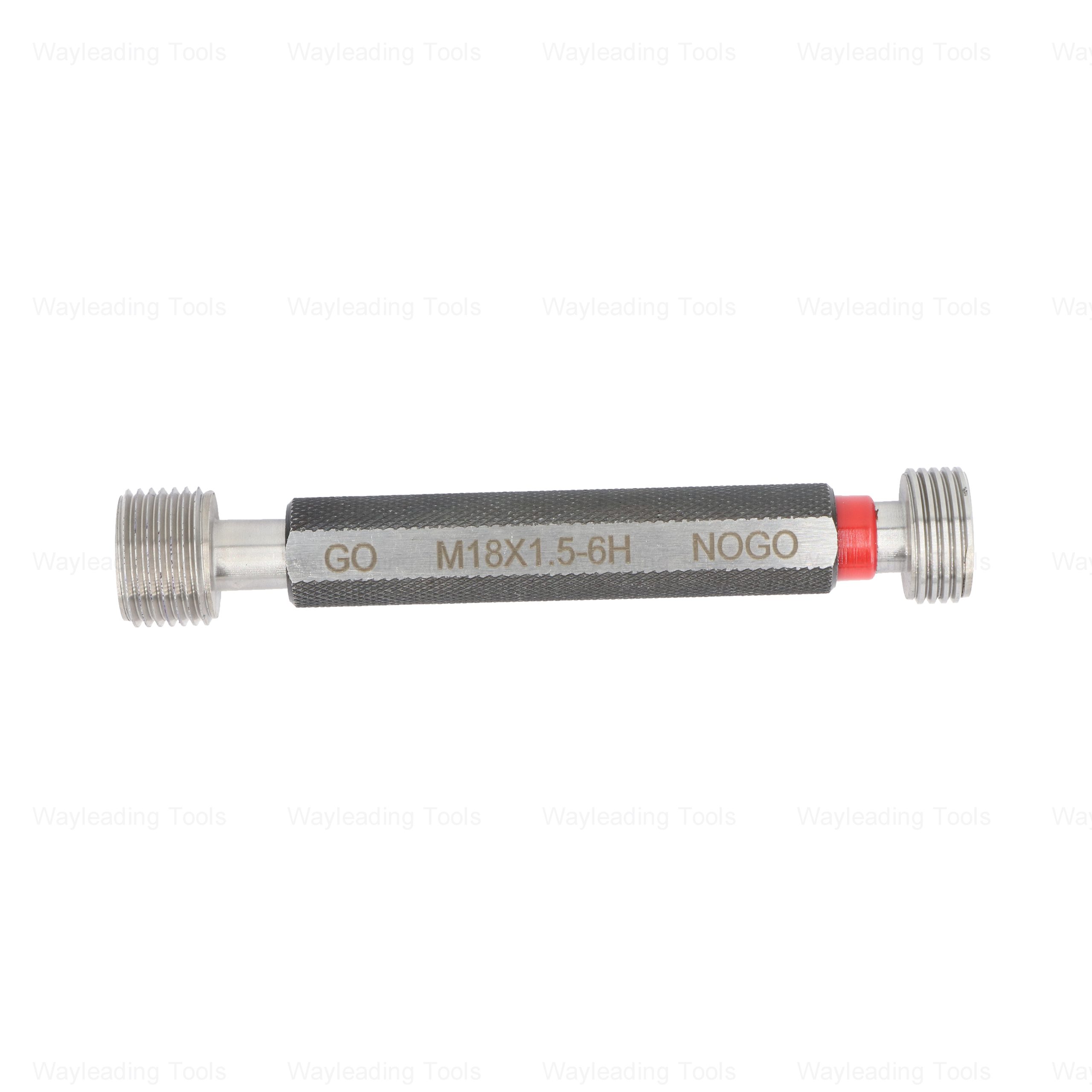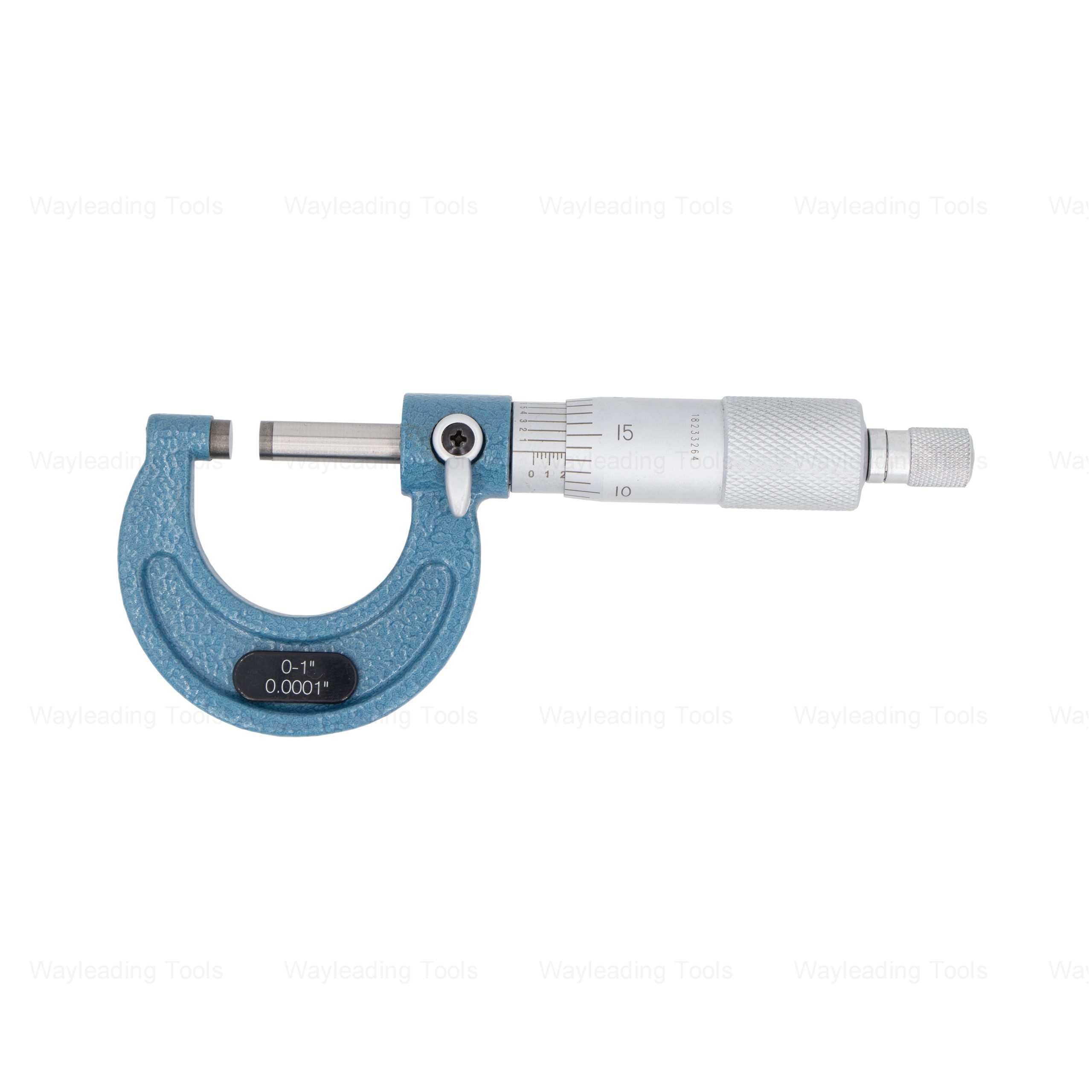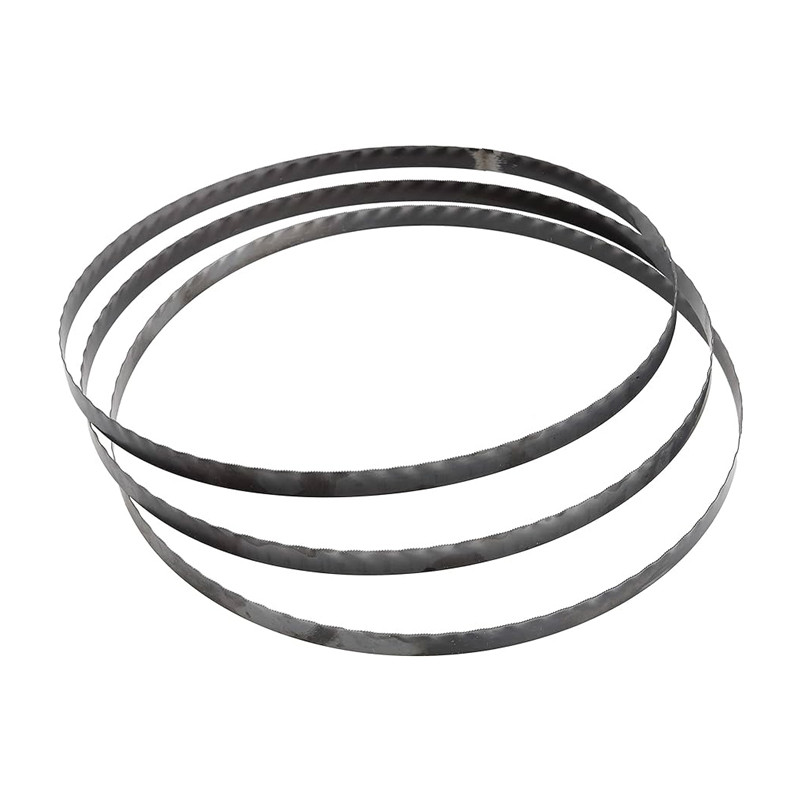rotary table Factory
Selecting the right rotary table factory is crucial for precision manufacturing. Key factors to consider include machining accuracy, material quality, customization options, and after-sales support. This guide explores these elements, providing insights to help you choose a reliable supplier for your specific needs, ensuring optimal performance and longevity of your equipment.
Understanding Rotary Tables and Their Applications
Rotary tables are essential components in various machining and manufacturing processes. They provide controlled rotational positioning, enabling precise and complex operations such as milling, drilling, grinding, and inspection. Choosing the right rotary table factory requires understanding the different types of tables and their applications.
Types of Rotary Tables
- Manual Rotary Tables: These are manually operated and suitable for simple indexing and positioning tasks.
- CNC Rotary Tables: Controlled by CNC machines, these offer high precision and automation for complex machining operations.
- Tilting Rotary Tables: Allow for rotation and tilting, providing flexibility for machining parts at various angles.
- High-Precision Rotary Tables: Designed for ultra-precise applications, offering exceptional accuracy and repeatability.
Applications Across Industries
Rotary tables find use in a variety of industries, including:
- Aerospace: Manufacturing of aircraft components.
- Automotive: Production of engine parts and other vehicle components.
- Medical: Fabrication of medical devices and implants.
- Electronics: Production of electronic components.
- General Manufacturing: Wide range of machining and fabrication processes.
Key Considerations When Choosing a Rotary Table Factory
Selecting the right rotary table factory involves evaluating several critical factors to ensure the supplier can meet your specific requirements. Here's a detailed breakdown:
Machining Accuracy and Precision
Accuracy is paramount. A reliable rotary table factory should demonstrate its commitment to precision through:
- High-Quality Components: Use of durable materials and precision-engineered parts.
- Stringent Quality Control: Implementation of rigorous testing and inspection processes.
- Advanced Manufacturing Techniques: Employing state-of-the-art machining equipment and processes.
Always ask for accuracy specifications and testing reports. Look for tables with minimal backlash and high repeatability.
Material Quality and Durability
The materials used in rotary table construction directly impact their lifespan and performance. A reputable rotary table factory will typically use:
- High-Grade Steel: For structural components, providing strength and rigidity.
- Hardened Surfaces: Heat treatment to enhance wear resistance and durability.
- Protective Coatings: Coatings to prevent corrosion and extend service life.
Inquire about the specific materials used and their properties. Opt for suppliers who prioritize durability and longevity.
Customization Options
Often, standard rotary tables may not perfectly fit your specific application. The ability to customize is a significant advantage. A good rotary table factory should offer:
- Size and Capacity Variations: Offering different table diameters and load capacities.
- Specialized Features: Customizable indexing, clamping, and control systems.
- Integration Capabilities: The ability to seamlessly integrate with existing CNC machines or other equipment.
Discuss your unique requirements with potential suppliers and assess their ability to provide tailored solutions.
After-Sales Support and Service
Comprehensive after-sales support is essential for long-term reliability and minimal downtime. Look for a rotary table factory that offers:
- Technical Assistance: Prompt and knowledgeable support for troubleshooting and maintenance.
- Spare Parts Availability: Ready access to replacement parts.
- Training Programs: Training for operators and maintenance personnel.
- Warranty Coverage: A comprehensive warranty covering defects and malfunctions.
Check customer reviews and testimonials to gauge the quality of their after-sales support.
Finding the Right Rotary Table Factory
The process of identifying a suitable rotary table factory involves research, evaluation, and communication.
Online Research and Supplier Directories
Start by conducting thorough online research. Use search engines and industry directories to identify potential suppliers. Wayleading Tools, for example, is a reputable supplier known for its high-quality rotary tables and comprehensive support. Here are some good starting points:
- Industry-specific search engines like ThomasNet.
- Global sourcing platforms like Alibaba and Made-in-China.
- Professional networking sites like LinkedIn to find manufacturers and distributors.
Requesting Quotes and Technical Specifications
Once you have a shortlist of potential suppliers, request detailed quotes and technical specifications. Compare the following:
- Pricing: Consider not only the initial cost but also the long-term value.
- Technical Specifications: Evaluate accuracy, load capacity, speed, and other relevant parameters.
- Delivery Times: Ensure the supplier can meet your production schedule.
- Warranty Terms: Understand the scope and duration of the warranty.
Visiting the Factory (If Possible)
If feasible, visit the rotary table factory to assess their capabilities firsthand. Observe their manufacturing processes, quality control procedures, and overall operation. This visit can provide valuable insights and help you make a more informed decision.
Comparing Rotary Table Specifications: An Example
Here's an example comparing specifications from different manufacturers. (Note: This is a hypothetical example and should be replaced with actual data from manufacturers.)
| Specification | Manufacturer A | Manufacturer B | Manufacturer C |
|---|---|---|---|
| Table Diameter | 300 mm | 320 mm | 350 mm |
| Load Capacity | 200 kg | 250 kg | 300 kg |
| Accuracy | ± 5 arcsec | ± 3 arcsec | ± 2 arcsec |
| Repeatability | ± 2 arcsec | ± 1 arcsec | ± 0.5 arcsec |
Conclusion
Choosing the right rotary table factory is a critical decision that can significantly impact the efficiency and quality of your machining operations. By carefully evaluating machining accuracy, material quality, customization options, and after-sales support, you can identify a reliable supplier that meets your specific needs. Remember to conduct thorough research, request detailed quotes, and, if possible, visit the factory to make an informed decision. Selecting a high-quality rotary table is an investment in the long-term success of your manufacturing processes.
Related products
Related products
Best selling products
Best selling products-
 Precision 7pcs Angle Blocks Set With High Quality Type
Precision 7pcs Angle Blocks Set With High Quality Type -
 CNMG & CNMM Turning Insert For Indexable Turning Tool Holder
CNMG & CNMM Turning Insert For Indexable Turning Tool Holder -
 DIN4971-ISO1 Carbide Tipped Tool Bit With Right And Left Hand
DIN4971-ISO1 Carbide Tipped Tool Bit With Right And Left Hand -
 High-Precision Metric Thread Plug Gauge – 6H Class, GO & NO-GO Ends
High-Precision Metric Thread Plug Gauge – 6H Class, GO & NO-GO Ends -
 Precision Dial Caliper Of Double Shock-Proof For Industrial
Precision Dial Caliper Of Double Shock-Proof For Industrial -
 Depth Vernier Gauge With Stainless Steel And Monoblock Depth Type
Depth Vernier Gauge With Stainless Steel And Monoblock Depth Type -
 Deburring Tool Blades Using For Deburring
Deburring Tool Blades Using For Deburring -
 Single Wheel Knurling Tools With Straight Pattern For Industrial Type
Single Wheel Knurling Tools With Straight Pattern For Industrial Type -
 HSS Inch Convex Milling Cutter For Industrial
HSS Inch Convex Milling Cutter For Industrial -
 Outside Micrometer Set Of Inch & Metric For Industrial
Outside Micrometer Set Of Inch & Metric For Industrial -
 HSS Metric & Inch Dovetail End Mill With 45 And 60 Degree For Industrial
HSS Metric & Inch Dovetail End Mill With 45 And 60 Degree For Industrial -
 APKT Milling Insert For Indexable Milling Cutter
APKT Milling Insert For Indexable Milling Cutter










